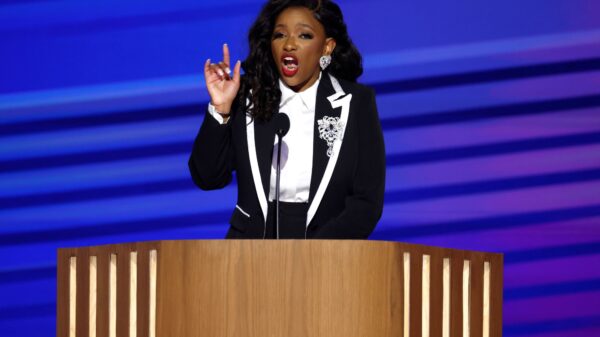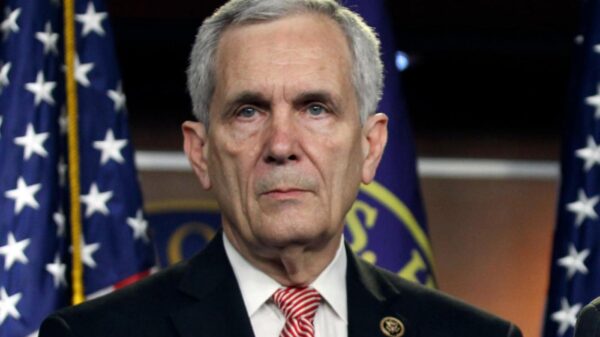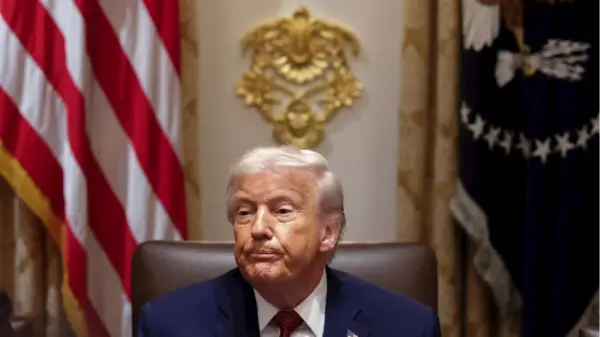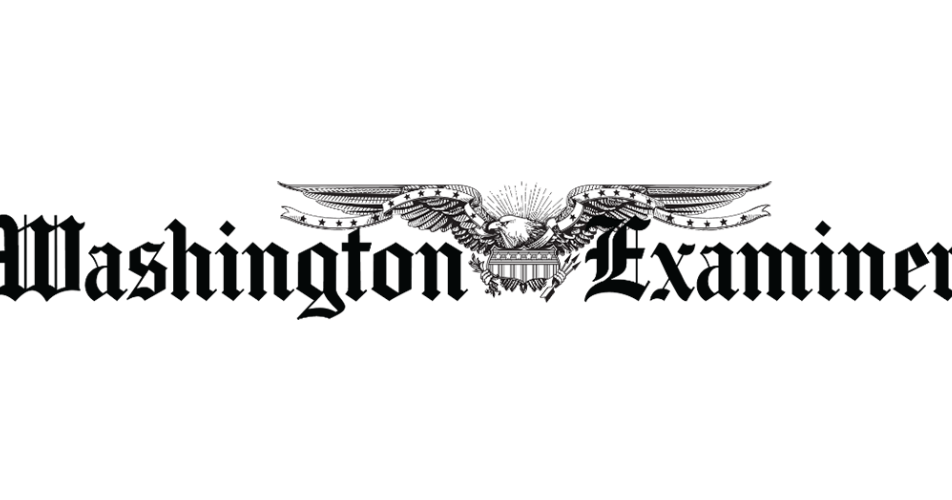Republican defense hawks are expressing a sense of relief following President Donald Trump‘s recent foreign policy shifts, which mark a departure from his earlier quasi-isolationist approach. Key decisions, including military action against Iran, increased tensions with Russia, and the resumption of arms support to Ukraine, have surprised many who advocate for a more assertive defense posture.
During a recent interview, Senator Mike Rounds (R-SD), a member of the Armed Services and Intelligence Committees, acknowledged this unexpected change, stating, “What we do see is some relief that what we had hoped the administration would come around to. They have succeeded in coming back to what we thought was the appropriate approach.” Rounds emphasized the need for a strong response to Iranian aggression and recognition of Russian President Vladimir Putin as a significant threat.
Even among those within the “America First” faction, who have reservations about U.S. military involvement abroad, there is acknowledgment of the necessity for a firm stance against adversaries. Senator Rick Scott (R-FL), a member of the Foreign Relations Committee and a critic of military aid to Ukraine, noted, “The only way you get peace by yourself is if you just capitulate.” He remarked on Trump’s difficult position in addressing the challenges posed by both Putin and Iran’s leadership.
Trump’s recent airstrikes targeting Iranian nuclear facilities, which were conducted in solidarity with Israel, delighted proponents of a more aggressive stance towards Iran. Conversely, these actions faced criticism from those advocating for a more isolationist foreign policy, including Senator Rand Paul (R-KY).
As Trump adopts a more assertive tone towards Russia, he has described previous diplomatic overtures to Putin as “bull****” and expressed intentions to implement new economic sanctions against Moscow. In an interview with NBC News, Trump hinted at a forthcoming “major statement” regarding Russia, reinforcing the idea that tougher measures are on the horizon. He also supported a sanctions bill championed by Senator Lindsey Graham (R-S.C.), indicating a willingness to impose more severe economic repercussions on Russia.
Despite some Republican lawmakers opposing military support to Ukraine, there is a prevailing sense among defense hawks that Trump’s actions have aligned more closely with their views. Senator Josh Hawley (R-MO) commented on the complexities of the situation, saying, “I think there’s no denying that” defense hawks are feeling more optimistic. He cautioned, however, that the issues surrounding Ukraine and Russia are multifaceted and challenging to resolve.
The Trump administration has sought to counter criticisms that the president is more interventionist than previously thought. White House spokesperson Anna Kelly asserted, “No world leader has done more for global stability than President Trump,” highlighting the administration’s narrative that its actions are in line with a “peace through strength” philosophy.
In discussions with reporters, Secretary of State Marco Rubio emphasized the balancing act the administration faces between deterring Russia and managing Trump’s aversion to prolonged military conflicts. He stated, “The president doesn’t like wars. He thinks wars are a waste of money and a waste of lives.”
While defense hawks are generally pleased with the direction of U.S. foreign policy, some express concerns regarding military funding in the proposed budget for 2026. Senators, including Mitch McConnell (R-KY), have pointed out that while defense spending appears to increase by 13% to $1 trillion, real-term cuts may occur due to spending reallocations.
The transition from campaign rhetoric to actual governance can be complex, and Trump’s evolution from a businessman to a foreign policy leader highlights this challenge. Rounds remarked, “In business, you’re always trying to find a middle ground,” suggesting that successful foreign relations often require compromise rather than strict winners and losers.
As the administration continues to navigate these complex issues, the implications of Trump’s foreign policy decisions will remain a focal point for both supporters and critics within the Republican party. With ongoing tensions around the globe, the coming months will be crucial in defining the trajectory of U.S. international engagement under Trump’s leadership.






































































